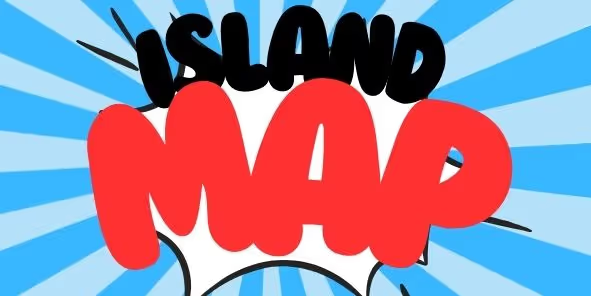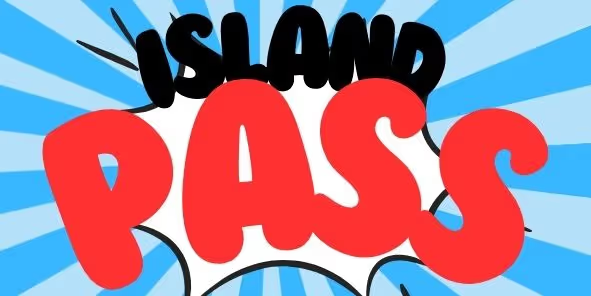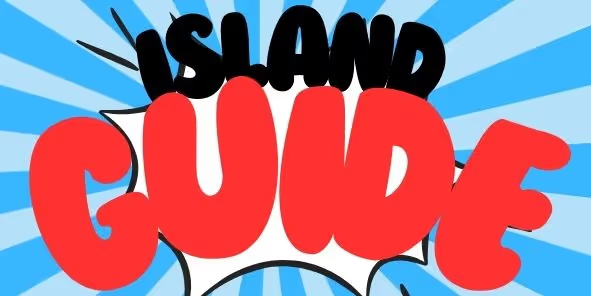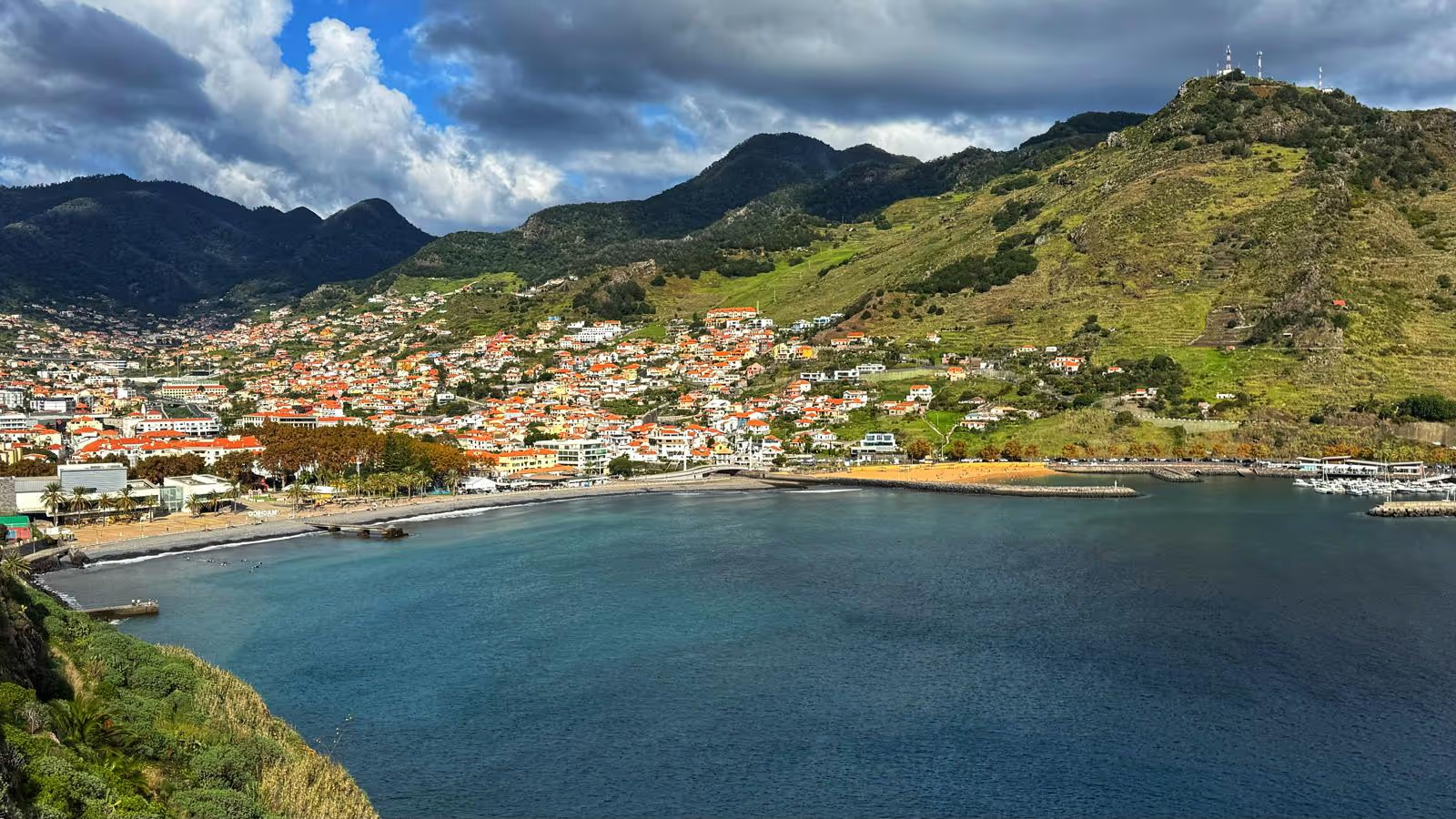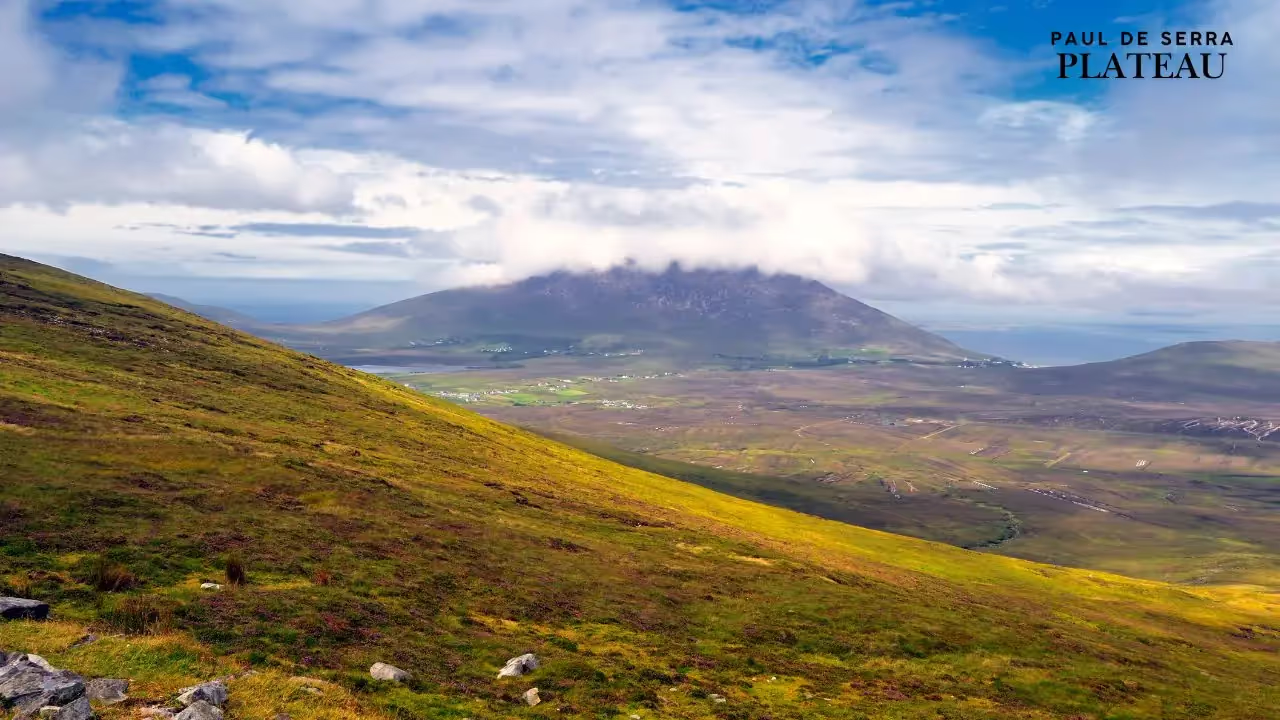Was Christopher Columbus Actually from Madeira? A Shocking Theory About His True Origins
Was Christopher Columbus really from Madeira, not Genoa? Discover a compelling theory that connects Columbus to Portuguese royalty and rewrites history. (By David J. Whyte)
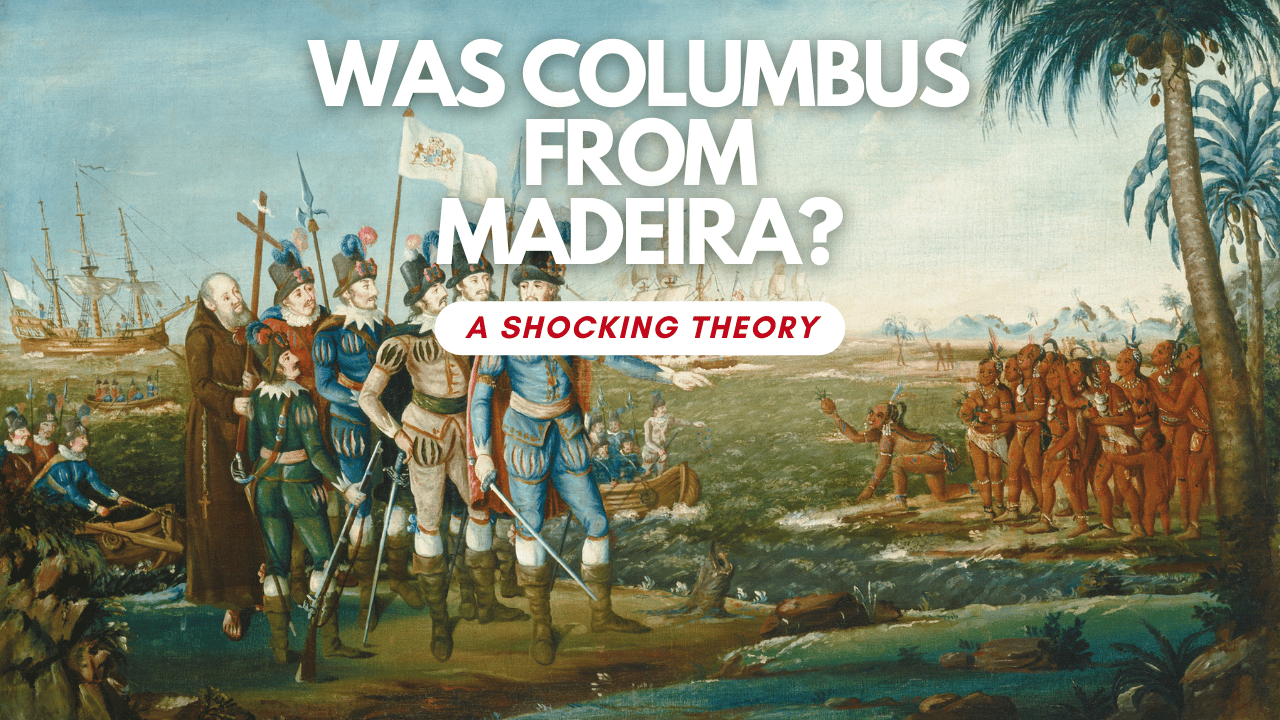
Good To Know
We’ve been fed the same story for centuries: Christopher Columbus, born in Genoa to a wool weaver and a cheese vendor, self-taught seafarer, and eventually “Admiral of the Ocean Sea.” But what if that’s all wrong? What if Columbus wasn’t Italian… but Portuguese, possibly even royalty, and born right here on Madeira Island?
It sounds like historical heresy, but dig a little and the story begins to unravel. The official narrative tells us he was a humble sailor. Yet somehow, this “nobody” married into one of the most powerful aristocratic families in Portugal. In 1479, Columbus married Filipa Moniz Perestrelo, daughter of the governor of Porto Santo — an alliance completely unthinkable in 15th-century Europe unless he had serious pedigree.
And that’s just the start.
He didn’t speak or write Italian. Genoa has no reliable records of him. His son later searched northern Italy for family traces… and came up empty-handed. Meanwhile, Columbus lived in Lisbon for nearly a decade and even sailed with the Portuguese fleet — something only citizens of Portugal were allowed to do by royal decree.
Oh, and when he “discovered” the New World? He named dozens of islands after Portuguese towns — not one Italian name in sight.
But here’s where the Columbus origin theory gets really spicy: some researchers believe he was actually the son of the exiled King of Poland, a powerful monarch who fled to Madeira under the name “Henry the German.” This King — Ladislaus III — supposedly faked his death, wandered Europe, then “settled” on Madeira with his noble Portuguese wife. They had two children, one of whom mysteriously vanished at sea… around the time Columbus surfaced in Lisbon.
Coincidence? Maybe. But probably not.
Consider this: Spain and Portugal were locked in fierce rivalry over exploration rights. If Portugal wanted to keep tabs on Spain’s ambitions, what better move than planting a well-connected double agent right at the heart of their royal court? A “lowly sailor” with just the right skills, mysterious funding, and enough charm to win over Queen Isabella?
Even stranger: after his first voyage, Columbus didn’t rush back to Spain — he stopped in Lisbon first, met privately with King João II, and was treated not as a subject but as an equal. Prince to prince.
The pieces start to fit.
So, was Christopher Columbus really from Madeira? Was he secretly Portuguese — or even royal — sent to manipulate the greatest geopolitical race of the 15th century?
There’s mounting evidence, and it’s mind-blowing.
🧭 Want to know more about Columbus’s secret identity, Madeira Island’s role in global exploration, and why history might have lied to us all?
👉 Read the full story on the author’s page — and prepare to rethink everything you thought you knew.
About the Author – David J. Whyte
David J. Whyte is a renowned Scottish photographer and travel writer, best known for his influential work in the world of golf tourism. With over 30 years of experience, he has played a leading role in promoting golf destinations both across Scotland and internationally.
As VisitScotland’s principal golf landscape photographer since the early 1990s, David has quite literally covered every blade of grass — having photographed every single golf course in Scotland. His work has appeared in global publications, marketing campaigns, and coffee table books that celebrate the beauty and challenge of the game.
But David’s curiosity extends well beyond the fairways.
A passionate traveler, storyteller, and historical sleuth, he uses his writing and photography to capture the spirit of place — from coastal castles and island festivals to the untold backstories of historical legends. Since 2017, he has called the island of Madeira home, where the landscapes (and the conspiracies) are equally dramatic.
David also serves on the judging panel for the Scottish Golf Tourism Awards, when he’s not busy chasing down 15th-century secrets or sipping Poncha with locals.
Highlights
The only pass you need in paradise

